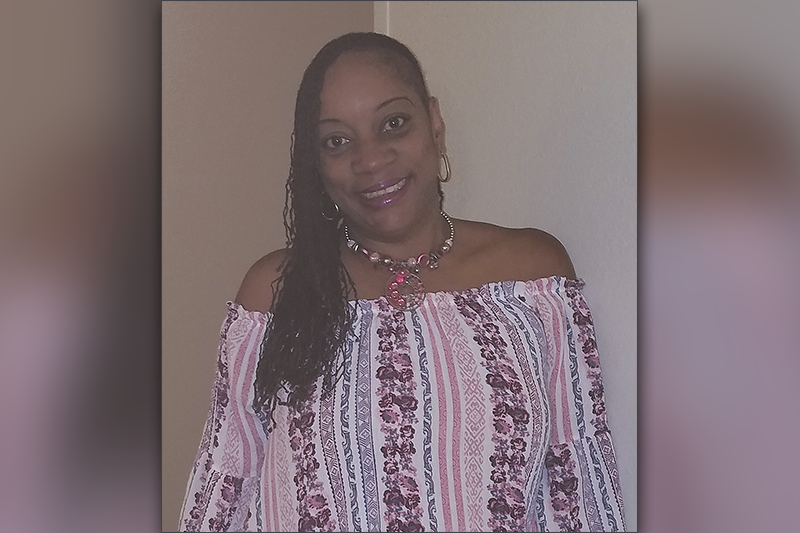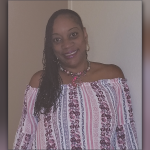Putting your house (healthcare plan) in order


 Lolita Dash-Pitts is a lifelong St. Petersburg resident and Florida’s first certified health worker who serves as executive director of Front Porch Community Development Association, Inc. and in other community roles. As an Empath Health Care Council member, she was inspired to take action after hearing a living will presentation by Empath Health Community and Professional Relations Director Karen Davis-Pritchett.
Lolita Dash-Pitts is a lifelong St. Petersburg resident and Florida’s first certified health worker who serves as executive director of Front Porch Community Development Association, Inc. and in other community roles. As an Empath Health Care Council member, she was inspired to take action after hearing a living will presentation by Empath Health Community and Professional Relations Director Karen Davis-Pritchett.